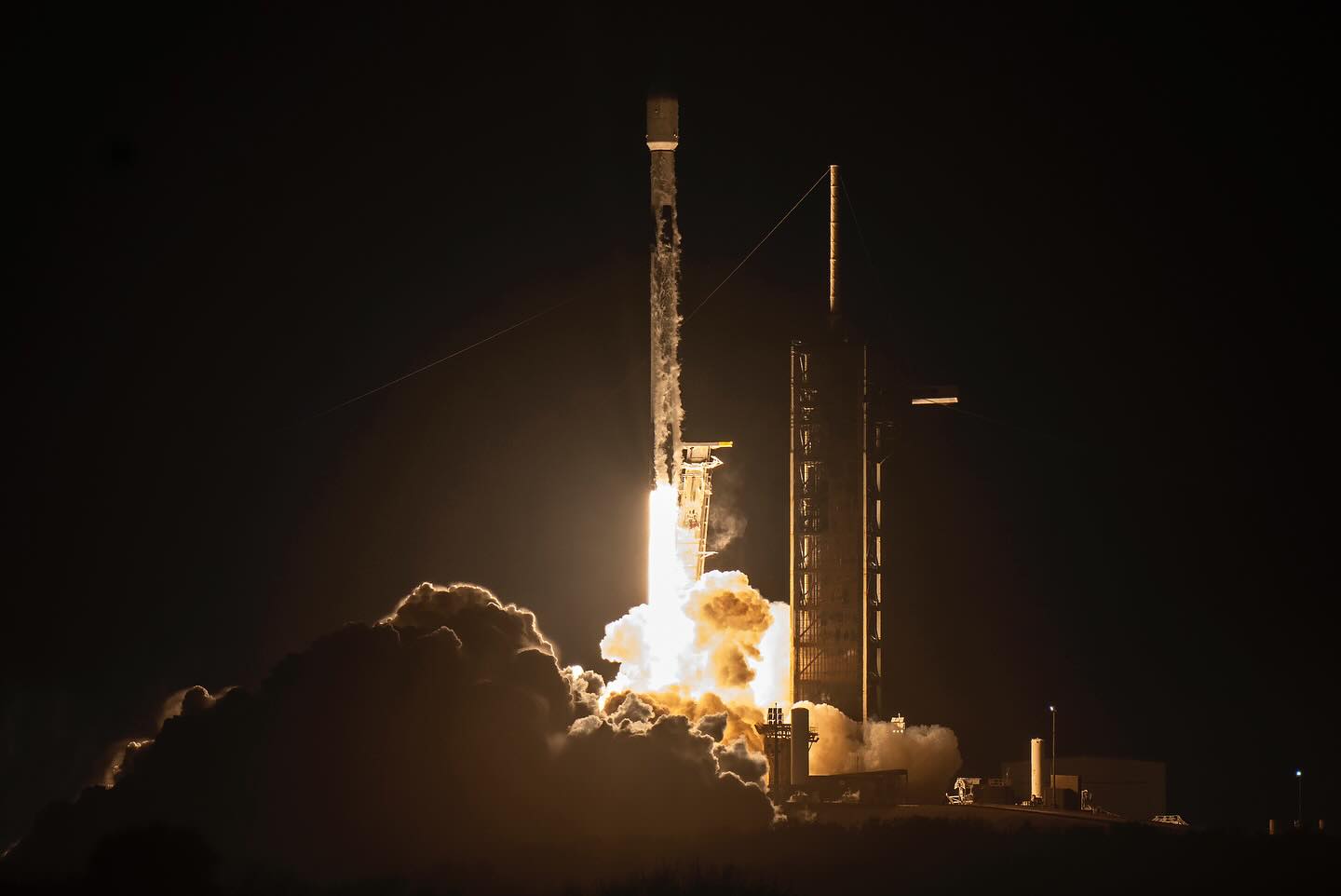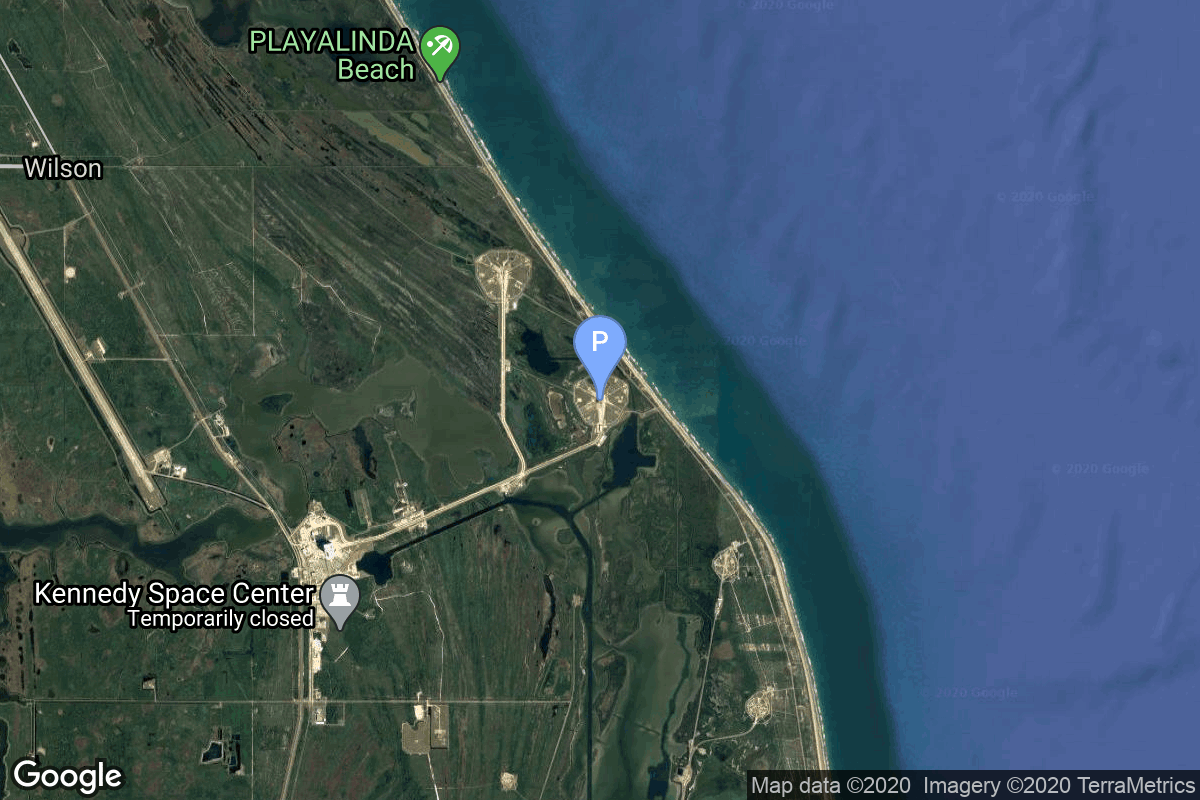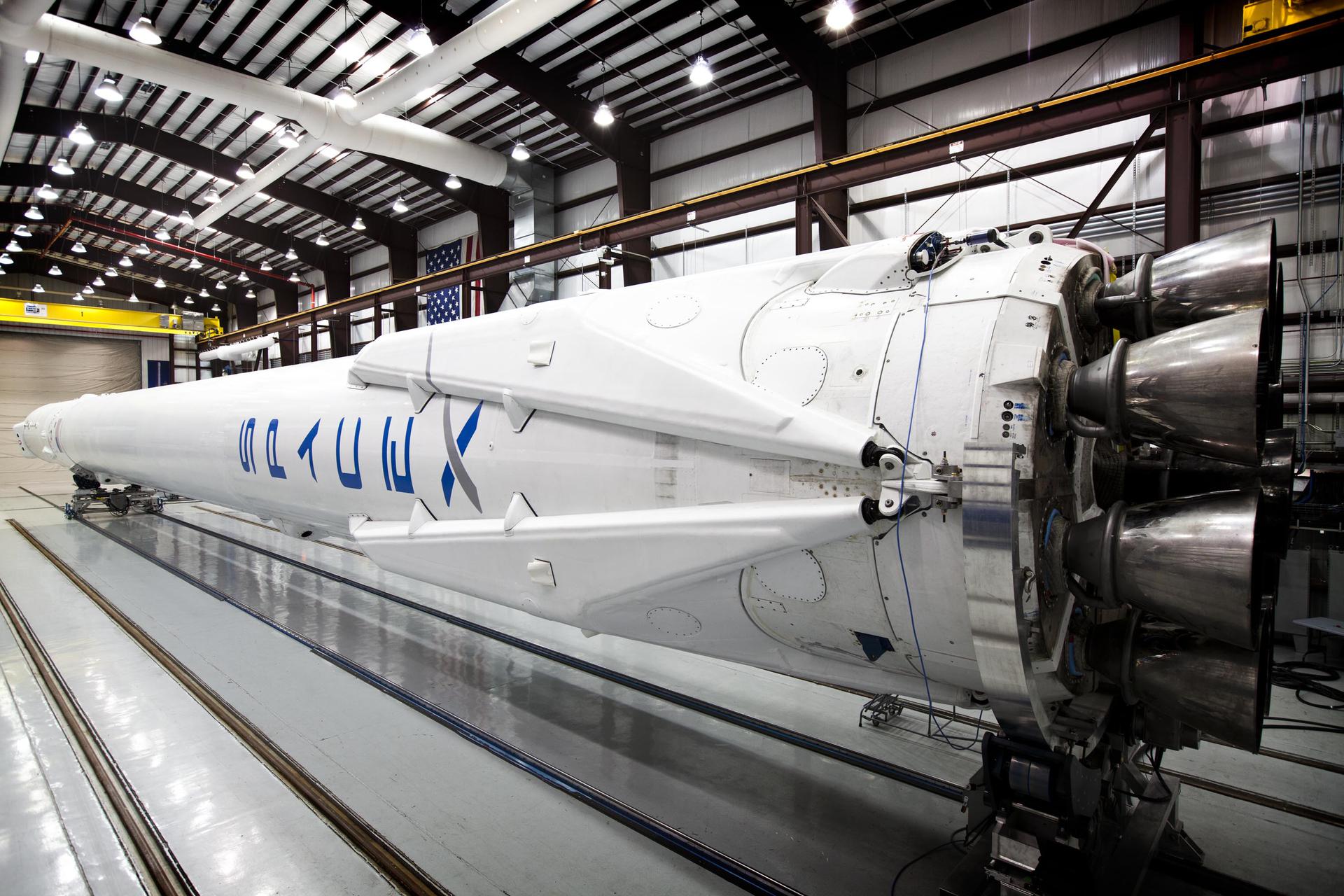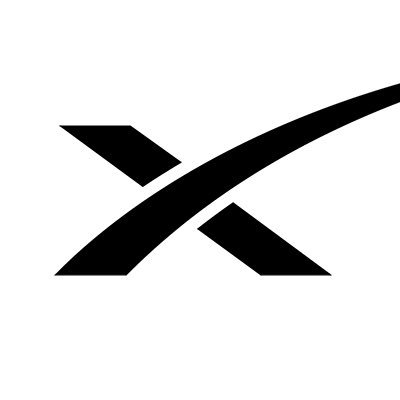
Launch
SpaceX
Falcon 9 Block 5 | Nova-C IM-2 & Others
- Mission
- rocket
- Pad
- Agency
Mission
Nova-C IM-2 & Others
Lunar Exploration
Lunar Orbit
This is the second mission of Nova-C lunar lander developed and built by Intuitive Machines. This time it carries a NASA payload called PRIME-1 (Polar Resources Ice Mining Experiment-1), which is to be the first demonstration of in-situ resource utilization on the Moon. PRIME-1 consists of two instruments: TRIDENT drill and Msolo mass spectrometer. Also on board are: * Lunar Trailblazer, a small (class D) lunar orbiter, part of NASA's SIMPLEx program, that will detect and map water on the lunar surface to determine how its form, abundance, and location relate to geology. Its mission is to aid in the understanding of lunar water and the Moon's water cycle. * Odin, a spacecraft for AstroForge, a company that plans to mine asteroid resources. Odin intends to head into deep space to observe near-Earth asteroid 2022 OB5 in preparation for their first retrieval mission. Odin will fly by the asteroid at a distance of about 1 kilometer, arriving 11 months after launch. * CHIMERA GEO 1, a transfer spacecraft by Epic Aerospace to a geostationary orbit, with the aim of covering an orbital position. For this launch, CHIMERA-GEO is carrying an unidentified 16U cubesat manifested by Exolaunch.
Status
Launch Successful
The launch vehicle successfully inserted its payload(s) into the target orbit(s).
Pad

Location
America/New_York
Kennedy Space Center, FL, USA
The John F. Kennedy Space Center, located on Merritt Island, Florida, is one of NASA's ten field centers. Since 1968, KSC has been NASA's primary launch center of American spaceflight, research, and technology. Launch operations for the Apollo, Skylab and Space Shuttle programs were carried out from Kennedy Space Center Launch Complex 39 and managed by KSC. Located on the east coast of Florida, KSC is adjacent to Cape Canaveral Space Force Station (CCSFS).
273
0
Location Image

Rocket

Falcon 9 Block 5
Falcon 9 is a two-stage rocket designed and manufactured by SpaceX for the reliable and safe transport of satellites and the Dragon spacecraft into orbit. The Block 5 variant is the fifth major interval aimed at improving upon the ability for rapid reusability.
Details
Min stage: 1
Max stage: 2m
Length: 70.0m
Diameter: 3.65
First Flight: May 11, 2018
Total launch count: 501
Successful launches: 500
Failed launches: 1
Pending launches: 103
Consecutive successful launches: 203
Low Earth Orbit (LEO) capacity: 22800kg
Launch cost: US$52000000
Apogee: 200km
Attempted landings: 492
Successful landings: 487
Failed landings: 5
Consecutive successful landings: 187
Geostationary Transfer Orbit (GTO) capacity: 8300kg
Manufacturer
SpaceX
Commercial
USA
Space Exploration Technologies Corp., known as SpaceX, is an American aerospace manufacturer and space transport services company headquartered in Hawthorne, California. It was founded in 2002 by entrepreneur Elon Musk with the goal of reducing space transportation costs and enabling the colonization of Mars. SpaceX operates from many pads, on the East Coast of the US they operate from SLC-40 at Cape Canaveral Space Force Station and historic LC-39A at Kennedy Space Center. They also operate from SLC-4E at Vandenberg Space Force Base, California, usually for polar launches. Another launch site is being developed at Boca Chica, Texas.
2002
CEO: Elon Musk
Falcon | Starship
Dragon



Agency

SpaceX
Space Exploration Technologies Corp., known as SpaceX, is an American aerospace manufacturer and space transport services company headquartered in Hawthorne, California. It was founded in 2002 by entrepreneur Elon Musk with the goal of reducing space transportation costs and enabling the colonization of Mars. SpaceX operates from many pads, on the East Coast of the US they operate from SLC-40 at Cape Canaveral Space Force Station and historic LC-39A at Kennedy Space Center. They also operate from SLC-4E at Vandenberg Space Force Base, California, usually for polar launches. Another launch site is being developed at Boca Chica, Texas.
Details
CEO: Elon Musk
2002
Falcon | Starship
Dragon
Total launch count: 594
Successful launches: 579
Consecutive successful launches: 79
Failed launches: 15
Pending launches: 121
Successful landings: 539
Failed landings: 27
Attempted landings: 565
Consecutive successful landings: 78


